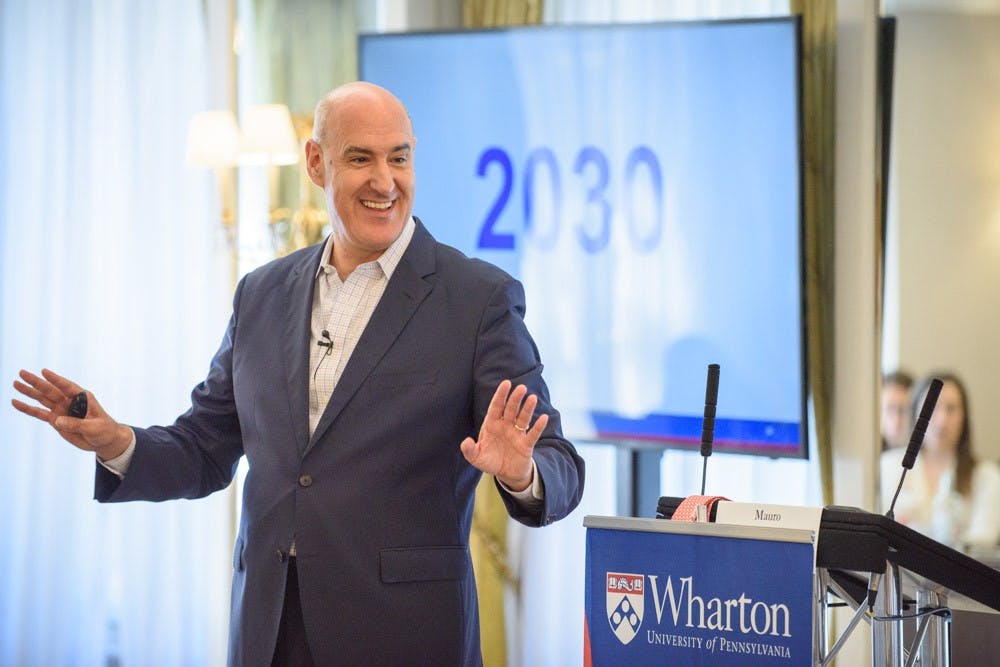
Wharton professor Mauro Guillen found that democratic governments generally respond more effectively to epidemics than dictatorships. (Photo from Mauro Guillen)
The strength of a nation's government structures and its level of economic inequality are key indicators of its ability to handle pandemics like COVID-19, according to new research by a Wharton professor.
In his paper “The Politics of Pandemics: Democracy, State Capacity, and Economic Inequality,” Wharton Management professor Mauro Guillen found that democratic governments generally respond more effectively to epidemics than dictatorships.
Whether a country has a democracy or dictatorship government, including totalitarian and authoritarian governments, the distinction was not as important as having a resourceful government with high state capacity and more economic equality needed to battle a pandemic, his research proved.
“State capacity is a bulwark against the occurrence and ill effects of crises and emergencies, while economic inequality exacerbates them,” Guillen wrote in his paper.
Japan, Singapore and Holland are among countries that have coped well against the coronavirus pandemic, despite having high population densities, which Guillen wrote is true because of their strong and wealthy government programs. South Korea, Taiwan, and Iceland, he wrote, are countries with higher degrees of economic equality, and have therefore also largely mitigated the effects of the pandemic with government programs.
Guillen’s research also showed that democracies tend to have an edge on dictatorships when fighting a pandemic. Although dictatorships can typically implement quarantine measures more swiftly, democratic governments can more easily generate transparency and public trust among its people.
The difference between the two systems, however, was less significant than between countries with differing degrees of economic equality and state capacity. In countries without resources or strong government programs, dictatorships fared worse, because the population had little trust in the government’s response to the epidemic.
Guillen drew his findings from previous epidemics across 146 countries since 1995. He also looked at how governments dealt with financial crises in the past, including the 1997 East Asian financial crisis and the 2008 subprime mortgage crisis, Knowledge@Wharton reported. His paper also references an earlier study by The Economist, which found democracies to have lower mortality rates than dictatorships in epidemics since 1960.
Guillen told Knowledge@Wharton that he was motivated to conduct the study because of the variety in government responses to the current coronavirus pandemic, and because he wanted to see whether politics had an effect.
In the spring semester, Guillen taught an online course, MGMT 198: Epidemics, Natural Disasters, and Geopolitics: Managing Global Business and Financial Uncertainty, which focused on the global implications of the coronavirus outbreak and incorporated guest lecturers to speak on topics relating to the pandemic.
The Daily Pennsylvanian is an independent, student-run newspaper. Please consider making a donation to support the coverage that shapes the University. Your generosity ensures a future of strong journalism at Penn.
Donate




